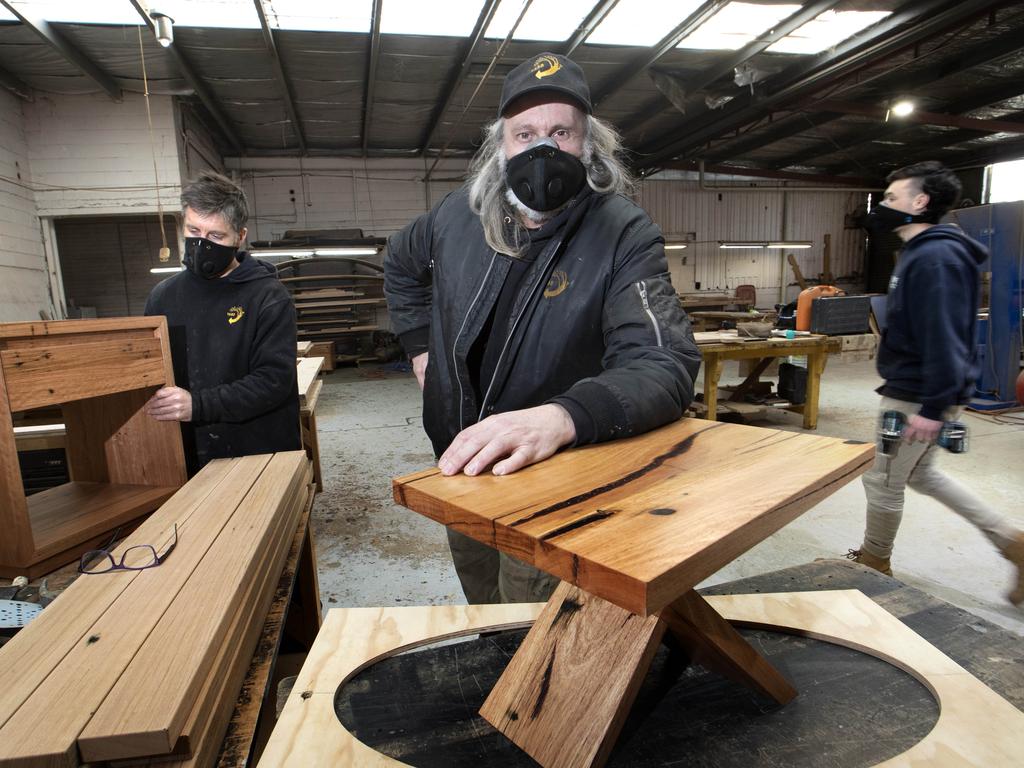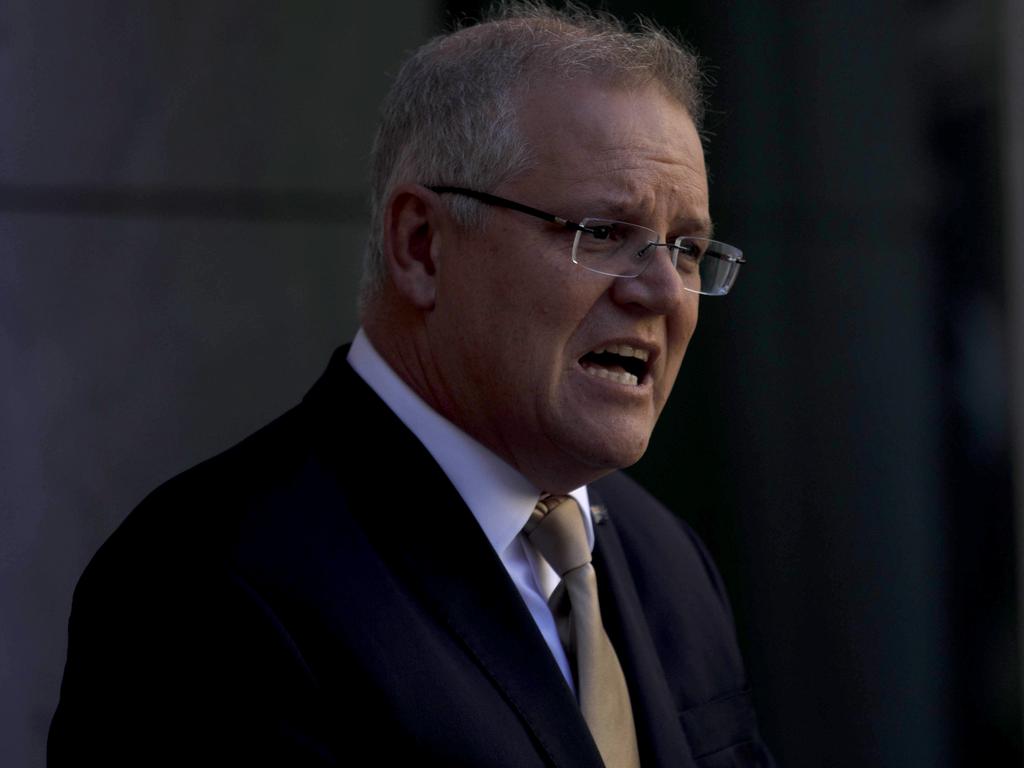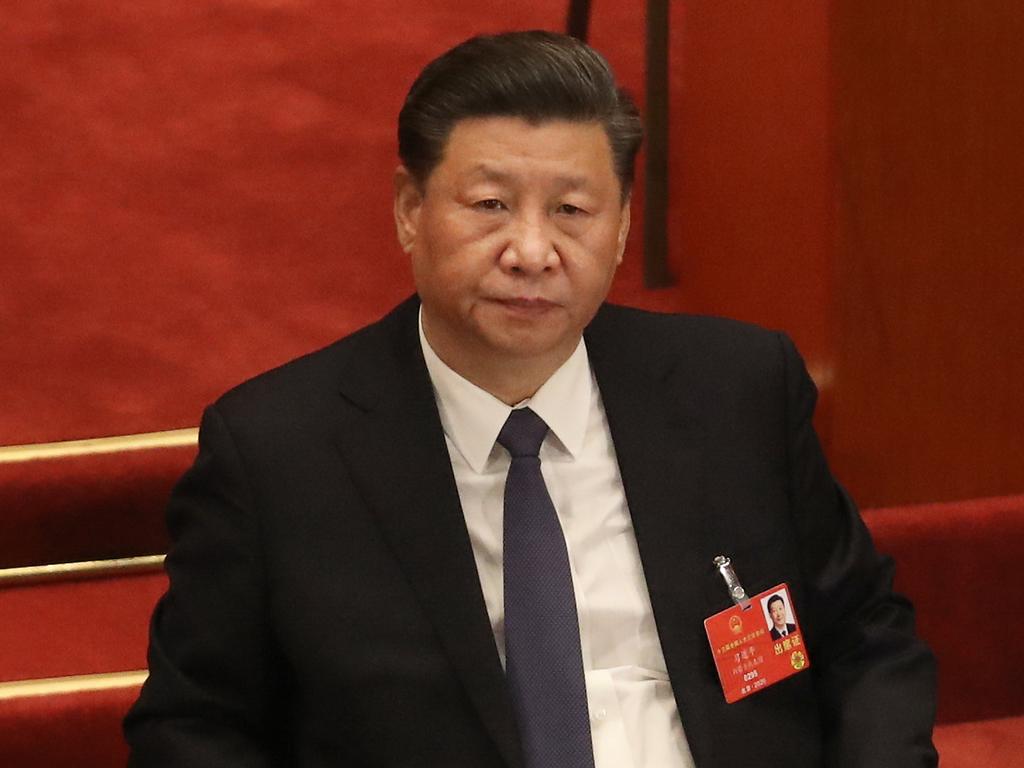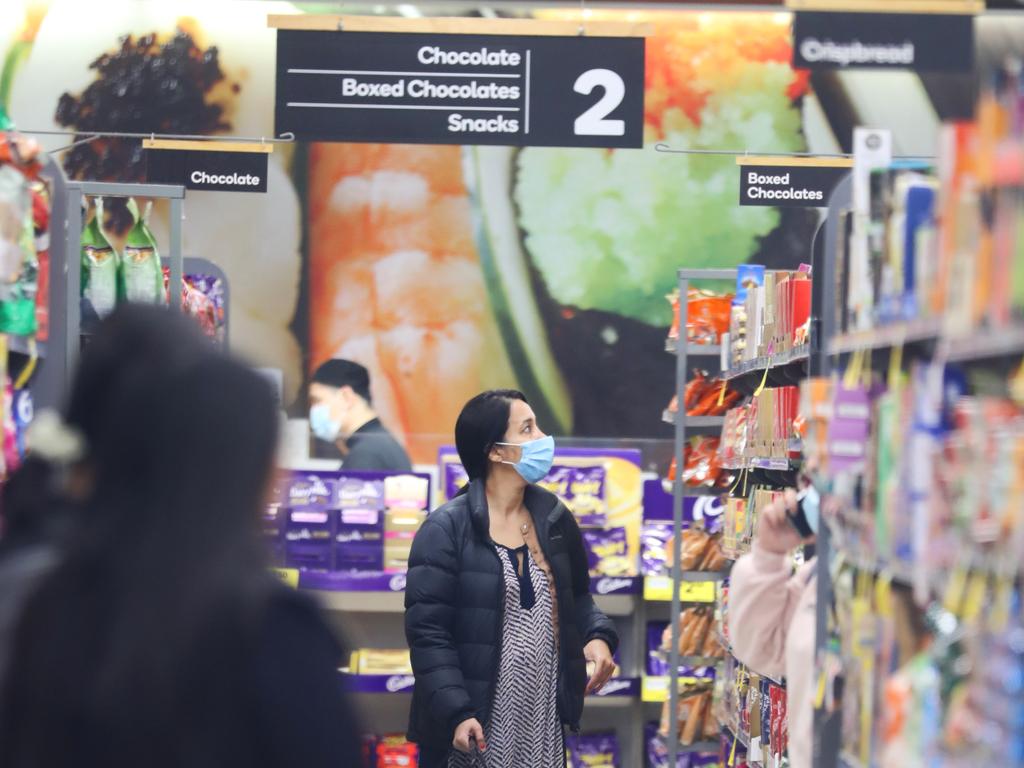Locals denied cheap gas in ‘broken market’: Incitec
Record low international gas prices aren’t on offer to major Australian industrial users in new contract negotiations.

Record low international gas prices aren’t on offer to major Australian industrial users in new contract negotiations with east coast gas producers, according to Incitec Pivot boss Jeanne Johns, putting jobs at risk and raising fresh threats to Australia’s recovery from the coronavirus.
Incitec’s early efforts to lock in a replacement long-term gas contract for its Gibson Island fertiliser plant in Queensland have been met with a tepid response from major gas producers, Ms Johns told The Australian, suggesting there is little chance record low international prices will be passed on to domestic users as contracts come up for renegotiations.
Gibson Island was under threat of closure last year after Incitec initially failed to win a new gas supply contract for the facility, and only the intervention of the Queensland government rescued the manufacturing plant and its 400 workers. That contract ends in 2022, and Ms Johns said Incitec was already out in the market trying to secure a long-term contract to underpin its future — but with little luck to date.
“We do look ahead, and we’re already looking for gas post-2022, and we’re in the midst of a tender process that we sent out to major gas producers, for as long as they’re willing to commit to,” she said.
“We asked for 10 years, but said we’d be flexible on anything that they offer that’s competitively priced.”
Australian oil and gas majors have written off billions in asset values amid tumbling prices on energy markets as a result of the coronavirus crisis, and last week Chevron chief financial officer Pierre Breber told analysts he expected further declines in contract prices for its Australian LNG projects in coming months.
“In Australia, we expect LNG contract pricing to be lower due to the three-month to six-month lag with oil prices,” he said.
In a draft report the National COVID-19 Coordination Commission recommended the federal government take immediate action to create an Australian energy market that can replicate the US with gas available at just $4 a gigajoule, more than half current levels.
Ms Johns’ comments add to the recent chorus of Australian manufacturers calling for action on gas and electricity prices to help ensure the country’s quick economic recovery from the coronavirus crisis. Alcoa’s Portland aluminium smelter is still tying to negotiate cheaper power prices to stay in business, Rio Tinto chief executive Jean Sebastien said recently its aluminium smelters remained at risk, and the boss of Australia’s largest plastics producer, Qenos, warned last week manufacturers may be forced to cut jobs due to high cost gas.
But there has been little sign of any action from the federal government on the recommendations of the final NCCC manufacturing report, which is still to be publicly released. Ms Johns said there was little sign lower international prices would be offered to Australian manufacturers looking for new gas contracts, saying prices on offer to Gibson Island so far were “substantially” above international pricing levels.
“We’re still in the midst of it, but the early returns indicate they are not reflective of the current market pricing. Henry Hub prices are below $US2, most of Europe is paying $US2, the JKM netback is $US2-$US4, and the prices being asked from Australian domestic users are still substantially north of that,” she said.
Further evidence
Ms Johns said the latest Gibson Island tender was further evidence Australia’s domestic gas market was “broken”, and changes to the federal government’s domestic gas security mechanism were urgently needed to ensure more gas flowed into the local market to create a competitive market.
The ACCC’s most recent report into east coast gas supplies, published in February, tipped total east coast production at about 2000 petajoules a year, of which about 65 per cent was contracted to long-term export agreements.
About 27 per cent is supplied into domestic contracts, including gas-fired generators, households and industrial use, with the rest “excess” or uncommitted — in theory available for sale into the domestic market or international spot markets.
Ms Johns said Incitec wanted the federal government to ensure an additional 8 per cent of the total — about 160PJ — committed to the domestic market on a long-term basis.
Domestic market ‘broken’
That would bring the total available to domestic users, outside power stations, to about 620PJ.
“I’ve said for a year or two now that the domestic market is broken, it doesn’t serve domestic needs,” she said.
“Our view is the Australian Domestic Gas Security Mechanism (ADGSM) was put in place to ensure the domestic market it adequately supplied.
“We think an adjustment of that ADGSM would probably be the simplest way to do that, with some sort of price trigger or some other indication of national interest, that is put in place to ensure enough gas is kept domestically to establish a functioning market.
“We told the government we think an extra 8 per cent would ensure there was ample supply left in the domestic market, and that would result in proper pricing.”
Incitec fertiliser boss Stephan Titze told investors on a Tuesday strategy call Gibson Island would again be under threat of closure if a new gas deal could not be found.
“Gibson Island continues to be challenged with the high cost of gas on the east coast of Australia, lower global urea prices and reduced demand for our end products as the drought in the cotton areas and lower water levels in cotton dams continued in northern NSW and southern Queensland,” he said.
Mr Titze said unless a long-term gas deal could be signed, the company could be forced to turn the Brisbane site into a terminal to import cheaper fertiliser products from Asia
Incitec shares closed up 4.5c, or 2.4 per cent, at $1.925 on Tuesday.






To join the conversation, please log in. Don't have an account? Register
Join the conversation, you are commenting as Logout